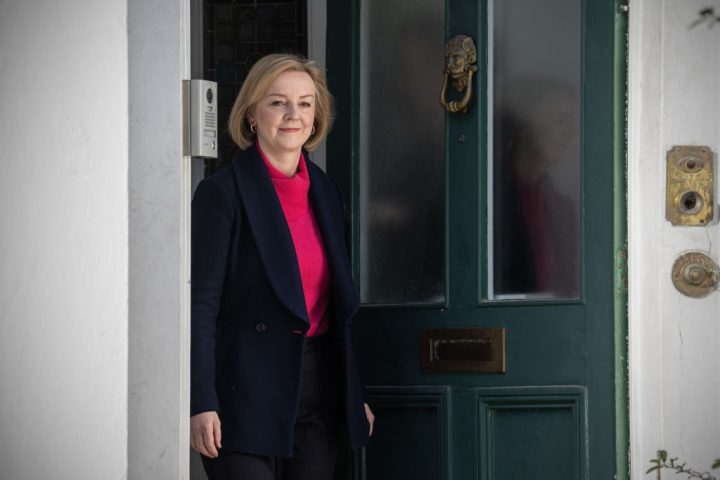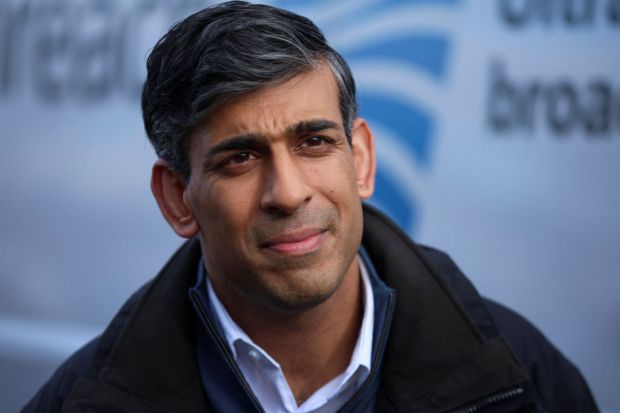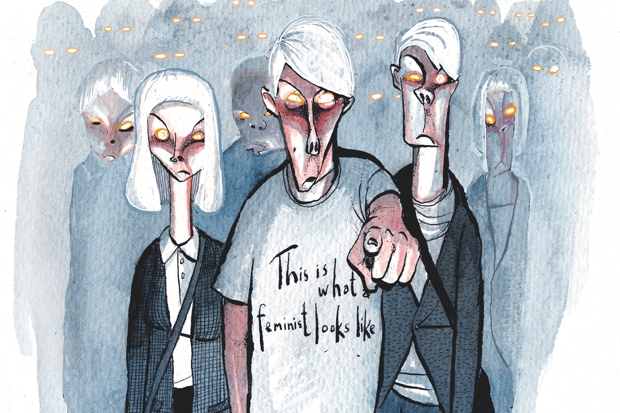The Daily Telegraph, where I worked for a decade, has launched a campaign for the abolition of inheritance tax (IHT). It’s backed by at least 50 Conservative MPs, including one former prime minister, Liz Truss.
That campaign, and its likely impact, reveal some noteworthy things about British politics, media and society.
- The influence of experts is often very limited
This observation won’t surprise most readers here, but I think it’s still worth making. I like IHT and so do a lot of people like me: professional policy wonks and economists, who proliferate at Westminster and often get a lot of prominence in political debate – especially on Twitter.
My technocratic tribe largely regards inherited wealth as harmful to social mobility and economic efficiency. We’d rather see large accumulations of wealth redistributed by the state than cascade down to children who may already have enjoyed significant economic and social advantages.
We often have charts to prove our points. We get particularly enraged by arguments like ‘it’s double taxation’, since ‘double taxation’ is commonplace and unremarked on elsewhere. Every pound of taxed income that you spend on VAT-rated items, for example, is being taxed twice. That’s life, folks.
There are various other clever points I could rehearse here, but I won’t. Because what we think doesn’t really matter. Public opinion is almost entirely unmoved by another round of clever nerds like me making the case for IHT.
We’re all scared of dying and one of the few sources of comfort is the idea that when we do, we can leave something behind for the people we love; the power of that feeling is so strong that it doesn’t matter if your estate isn’t in any danger of incurring IHT. You’re still very likely to hate the idea of that tax and support its reduction.
Politicians and editors alike understand the power of that sentiment. Hence they’re extremely comfortable ignoring the experts on IHT – just as the public will.
- Political debate on tax and spending is lopsided, in a way that disadvantages Labour
Abolishing IHT would mean the Treasury got at least £7 billion less each year in tax revenue. That’s roughly the sum raised by 1p of income tax at the basic rate. It’s serious money.
Yet a lot of Conservatives, a group nominally committed to sound money and balanced budgets, are very loudly demanding this big, expensive and entirely unfunded tax cut. And they’re doing in the country’s leading right-of-centre paper, which has long made the case for responsible management of the public finances. (I used to write Telegraph leaders on this topic.)
What does this tell us? First, the power of IHT sentiment trumps almost everything else in politics. Second, the Conservative party of 2023 is running very, very short on coherent political or economic philosophy, and probably shouldn’t really be described as the party of sound money. Third, political debate about the public finances is skewed against the Labour party.
Really, if leading Labour MPs were demanding, say, £7 billion in unfunded spending commitments to benefit 4 per cent of the population, their party would be facing intense scrutiny and criticism. Much of the Starmer agenda is being built on the need for Labour to avoid ‘unfunded’ policies, to avoid that criticism. So Labour strategists quietly fuming about the IHT campaign as an example of double standards have a point.
But it is not a point that will change anything: they’ll have to live with this skewed conversation into the election, meaning that election may well see Labour offering a more disciplined and austere approach to the public finances than the Conservatives.
- Newspapers still matter
I reckon the Telegraph campaign has a fair chance of victory. I think the Conservatives will make some sort of IHT promise before the election, and use that promise to challenge Labour over the issue all the way to polling day. If that happens, the Telegraph will be able to declare victory for its campaign.
Whether the causation is quite as direct as that (some of the best newspaper campaigns demand an outcome that was going to happen anyway) doesn’t really matter. What counts is that the big beasts of ‘legacy media’ still help to make the political weather. With print sales down and online audiences fickle, newspapers aren’t quite the fearsome beasts they used to be. But they still matter.
Got something to add? Join the discussion and comment below.
Get 10 issues for just $10
Subscribe to The Spectator Australia today for the next 10 magazine issues, plus full online access, for just $10.




















Comments
Don't miss out
Join the conversation with other Spectator Australia readers. Subscribe to leave a comment.
SUBSCRIBEAlready a subscriber? Log in